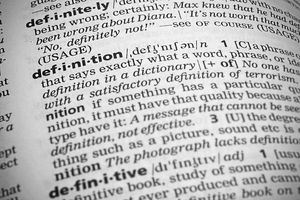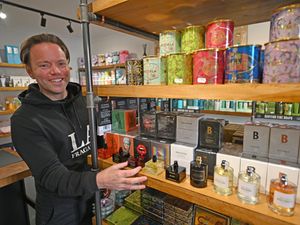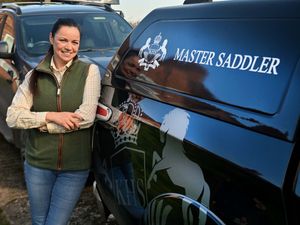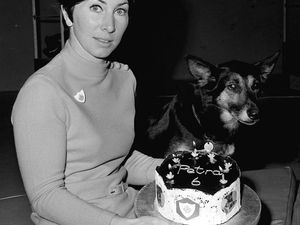Jack Averty: We really should use words correctly
A crippling obsession with social media, a mutual malevolence towards the Tories and the ridiculous amounts spent on soy cinnamon lattes with sprinkles are just some of the things us young folk are guilty of.

But perhaps the biggest crime of them all is our use of the English language – or rather the lack of it.
Rappers may be spitting rhymes about ‘peng girls’ and ‘tings’ going ‘skrrrrahhh’ (for those totally bewildered right now, give Big Shaq a Google), but that doesn’t mean we need to start demanding Latin be taught in public schools and for Oxford Dictionary translations be read on the radio after every song – but perhaps we do need to start thinking slightly more carefully about our vocabulary.
Take, for example, the word hero. How many times a day do we call, or hear other people call, someone a hero?
Most of the time it’s for the most mundane of reasons: ‘Thanks for getting me that steak bake from Greggs mate, you really are a hero.’ Or: ‘Our boss is an absolute hero for giving us that pay rise’ (we wish).
But neither of the people in these scenarios are heroes. While overusing the word may not seem that much of a crime, the problem is it waters down its true meaning.
A hero, as defined by the dictionary, is ‘a person who is admired for their courage, outstanding achievements, or noble qualities’.
For this, look no further than the likes of Cyrille Regis and Pc Jemma Follows.
It has been a heavy week of news across the region, but these in particular stood out.
Midlands footballing royalty Cyrille Regis is what the definition of hero should be in the dictionary. Not only was Cyrille a fantastic footballer, serving the likes of Albion, Wolves and Villa with equal commitment and desire, he also broke the mould and paved the way for black players to become a staple of English football.
This is a man who endured monkey chants, vile racist abuse and even a bullet in the post.
Not only did Cyrille take all this in his stride, he laughed it off and used it as motivation to keep going and be an even better player. A true hero.
Jemma Follows meanwhile is a police officer of eight years service – and a mum of two.
This week it was revealed that Jemma had a gun pulled on her while attending a burglary in Stourbridge.
The gun later turned out to be a fake, but Jemma did not know this at the time as, despite fearing for her life and the thought of her children growing up without their mother, she heroically chased after the suspect Reece Lones.
He was eventually caught by armed police and was sentenced to two-and-a-half years in prison – a pathetic sentence given he will probably be out in just over a year.
But whether the punishment fits the crime or not, Jemma – like the rest of our emergency services – is a hero.
Sure the beauty of the English language is open to interpretation and people use terms more loosely and strongly than others.
But by throwing them around willy-nilly, we are placing our friend who does the breakfast run and iconic footballer Cyrille in the same category. That hardly seems fair whether it’s intentional or not.
And that’s just one example – awesome, basically, literally, like, love, hate. . . the list goes on.
Then of course you have the other end of the spectrum, those good old-fashioned phrases left to gather dust next to cassette tapes and floppy disks.
Hands up if you know what happy cabbage or butter upon bacon means.
The catalogue of forgotten and underused words is endless.
Why aren’t we frequently using words like desuetude? And why is marvellous always shunted to the back of the queue in favour of the likes of amazing, brilliant and fantastic?
We seem to love familiarity when it comes to words, which is why it makes it even more bizarre that the Oxford Dictionary insists year on year on adding words like fungivorous, and corporation pop. We don’t even know what these mean without the help of a search engine let alone how to use them in a sentence.
There’s a certain home comfort to words we learn at a young age and continue to use frequently now.
But that shouldn’t stop us expanding our vocabulary and trying to feed new words in.
By doing this we can stop the over reliance on using words out of context and place greater meaning and emphasis back on the ones that are fading out fast from overuse.
When grandad is telling the kids about Big Cyrille, you want them to understand exactly what he means when he calls him a hero – instead of them picturing your mate because of all the times you called him a hero for popping round with a four-pack of Fosters.
Words lose their meaning the more they’re used, so the greatest respect we can pay to Cyrille, Jemma and all the other heroes out there is to make sure they don’t lose their significance.





